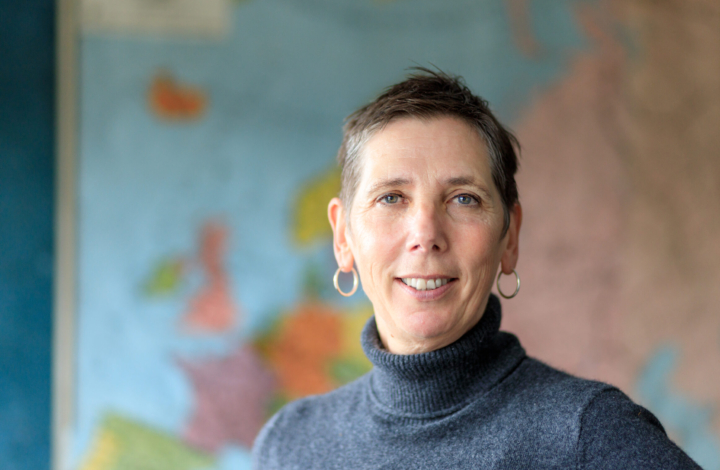Anja Vink
Journalist in Residence

Project title
Teachers for the working class. The history of the teacher training in Dutch vocational education
Project description
Until the mid-seventies of the past century, the Dutch vocational secondary education system organized and executed its own teacher training program. From the end of the nineteenth century former craftsmen could receive training to become a teacher of their own craft at a so-called ‘Lower Technical School’ (LTS). Likewise, young women could attend the teacher training of a domestic science school, where they could become a teacher in cooking, housekeeping, sewing, and childcare. For both groups this vocational education had significant emancipatory effects.
Despite the fact that Dutch vocational training includes more pupils, and continues to do so in contemporary times, it has always been underrepresented compared to the general secondary education. This especially applied to the vocational teacher education. Currently, the Netherlands is experiencing a large shortage of technical skilled workers and healthcare personnel, yet the highest shortage of teachers are in both these fields.
In my book, I will describe the exceptional way in which this vocational teacher training program organized itself without any governmental support and funding and how this powerful movement acquired its special character. I will also expand on why the teacher training disappeared quickly after reforms by the Dutch education ministry. Can we draw lessons from this history in regard to shortages of teachers in vocational education, technical skilled workers, and healthcare personnel?
Selected publications
- Anja Vink – Van deze kinderen ga je houden. Een schooljaar in klas 1D van een vmbo.
- Anja Vink – De laatste leerlingen Techniek van Amsterdam.
- Anja Vink – Dit onderwijs vergroot de achterstand